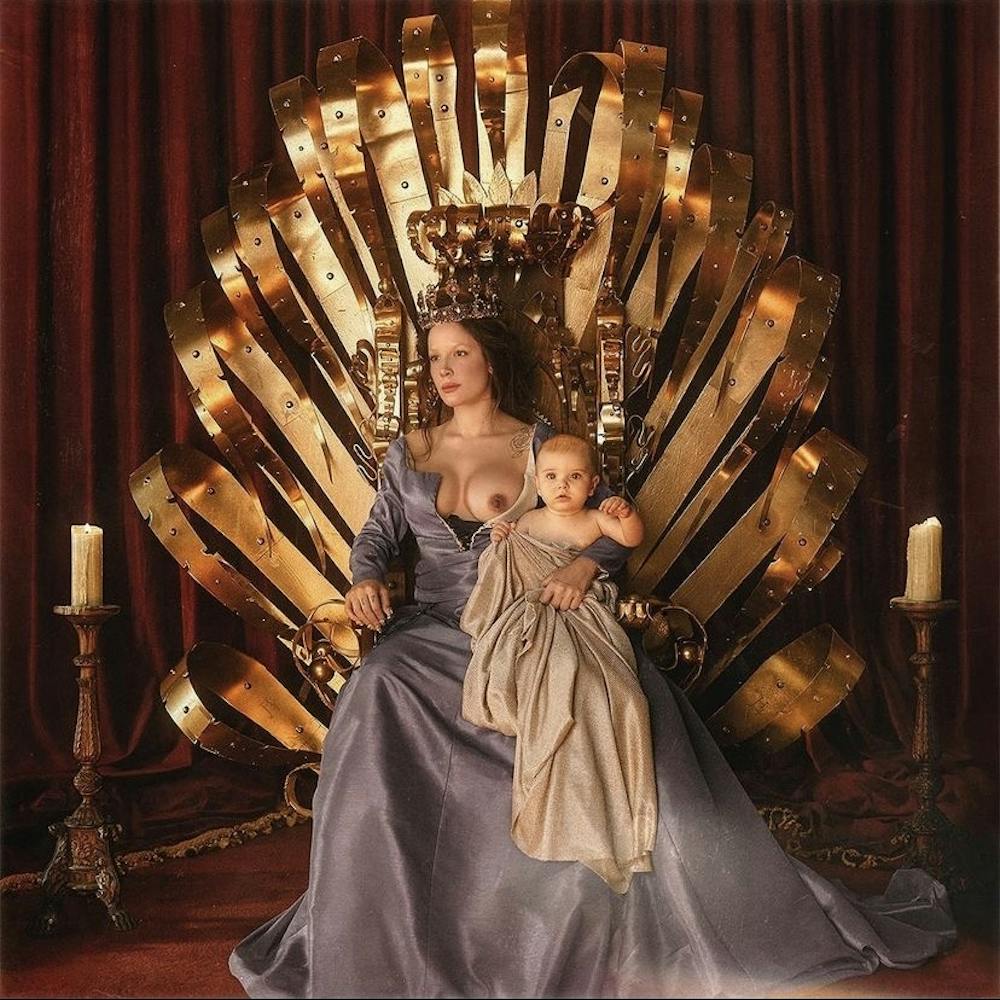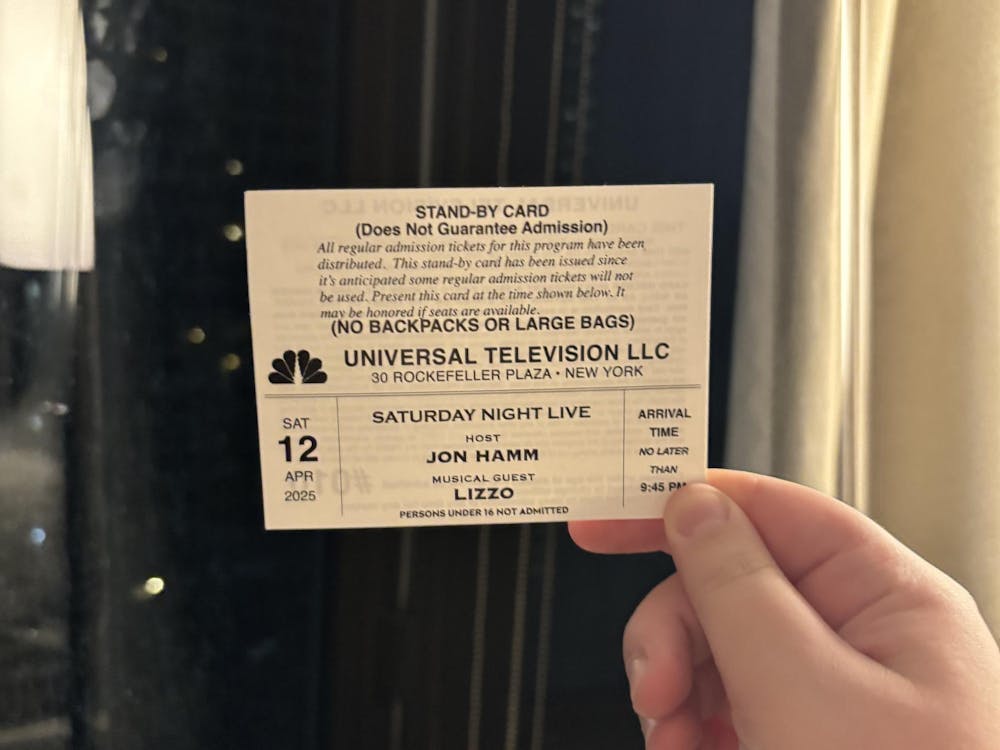Editor’s Note: Halsey uses she/they pronouns and has publicly expressed a desire for both she/her and they/them pronouns to be used when referencing her work.
I’ve never considered myself to be an avid Halsey fan, but I do remember being interested in them when they released their debut EP “Room 93” and multi-platinum debut album “Badlands.” I considered them to be part of the new echelon of alternative pop stars like Lana Del Rey, MARINA and Lorde.
Somewhere along the way, she became a fixture of mainstream pop with songs like “Closer” and “Without Me.”
I always thought there was something more for Halsey than that.
Halsey released their fourth album, “If I Can’t Have Love, I Want Power” on Aug. 27, with no singles before the release. It was released alongside a film directed by Colin Tilley, who has directed music videos for artists such as Nicki Minaj, Justin Bieber and Britney Spears.
Songs like “Nightmare” showed that they were a rebellious rockstar at heart, and that there was a certain edge that their music was capable of that wasn’t just limited to their personality.
In an interview with Capitol Studios, they talk about how the success of “Closer” and their second album “Hopeless Fountain Kingdom” pigeonholed them in the eyes of the public as a mainstream pop star.
“When I started making music, I wanted to be a rockstar,” she said. “I campaigned “New Americana” and “Badlands” at every alternative station. I’m not sure why, but soon it became pop stations and Jingle Balls and it happened so fast … I went from touring with Imagine Dragons to touring with The Weeknd.”
Halsey has made the album they’ve been trying to make for their entire career.
She got Atticus Ross and Trent Reznor of Nine Inch Nails to produce the entirety of the album.
She sounds more self aware and solidified in her sound than ever before.
In songs like “I am not a woman, I’m a god,” “Girl is a Gun” and “Easier than Lying,” the pop tendencies are still there, but they are more informed by the rockstar persona Halsey had been chasing all along.
Enjoy what you're reading?
Signup for our newsletter
This album is punk rock and alternative, but also hip-hop. It has moments of anger, but also deep reflection and pondering.
They made this album while pregnant with their first child, and they have been very open about their struggles of miscarriage and infertility.
In an interview with The Guardian in 2020, they talked about their struggles with endometriosis and how the juxtaposition of being a pop star that sings about female empowerment and not being able to have a child was debilitating.
“It’s the most inadequate I’ve ever felt,” she said. “Here I am achieving this out-of-control life, and I can’t do the one thing I’m biologically put on this earth to do. Then I have to go onstage and be this sex symbol of femininity and empowerment? It is demoralizing.”
In an interview with Zane Lowe for Apple Music, Halsey talks about how finally being pregnant should have made them grateful and happy, but they felt the opposite.
“The reason this album is sort of this horror theme is because this experience has its horrors,” she said. “Everyone who has heard me yearn for motherhood for so long … would have expected me to write this album full of gratitude … My body is changing, I have no control over anything, and I finally do have this thing I want and I wake up every morning fearing I am going to lose it.”
Songs like “1121” touch on this in greater detail as the song title is the date Halsey found out she was pregnant. She thought she was sick with COVID-19 when she found out.
On “Darling,” they sing to their younger self but also to their son about being a pop star without a real sense of having a place to come home to.
Between moments of deep introspection, she rocks out on songs like “You asked for this,” and “The Tradition,” which tackle the institutional misogyny that society operates under and how there is no real support for women who want to overcome that.
There are some times where the album meanders. Songs like “Bells in Santa Fe” feel like an interlude that went on for too long. “Honey,” while badass, feels out of place in the narrative Halsey has constructed for this album.
“Whispers” has drums from Foo Fighters frontman and Nirvana drummer Dave Grohl and touches on being aware of public perception and trying to challenge it, but the actual whispering on the track makes my soul coil.
Maybe that’s the point.
Halsey has never truly cared what anyone has thought about them, but somehow the public’s perception of their music led to songs like “Eastside” and “Boy with Luv.”
I’m sure she actually wanted to do them to some extent, but she has never sounded more cohesive and content than she does in this album.
In some ways, Halsey has returned to form and come back to exactly where they started and successfully usurped the narrative that they’re a generic bubblegum pop star.
Thank god.
Rating: 8.5/10




